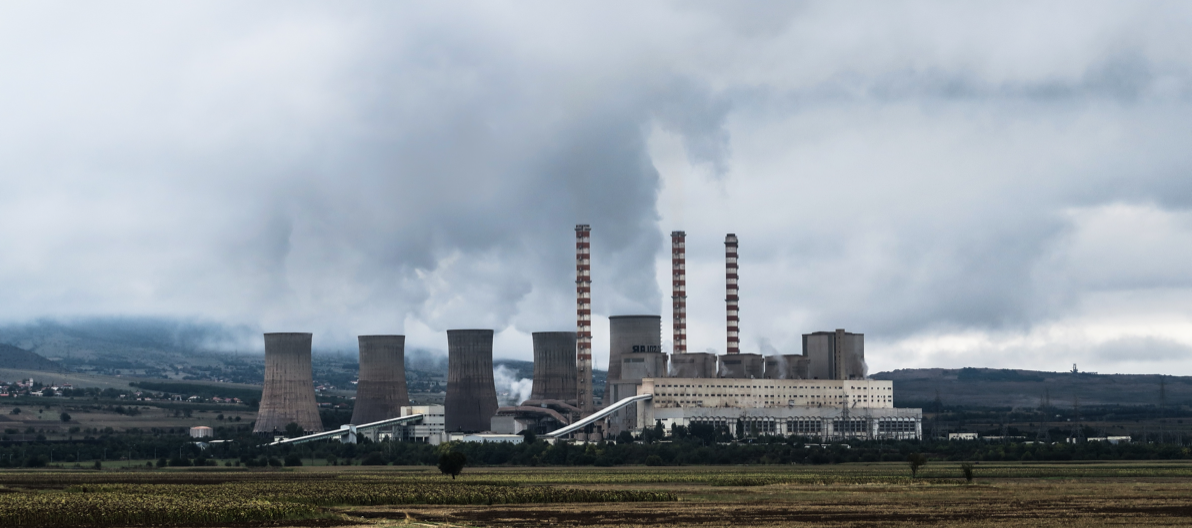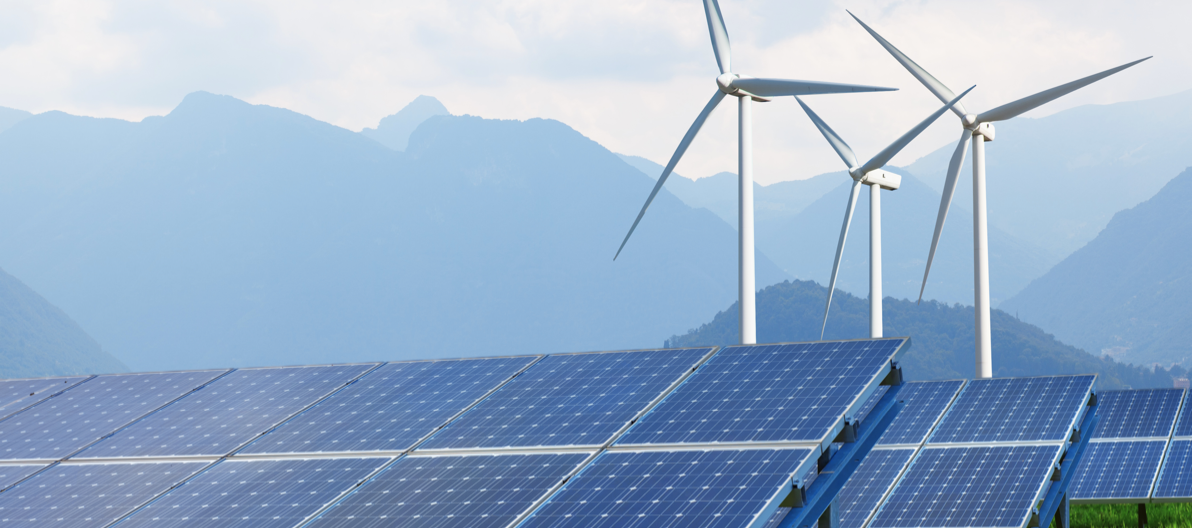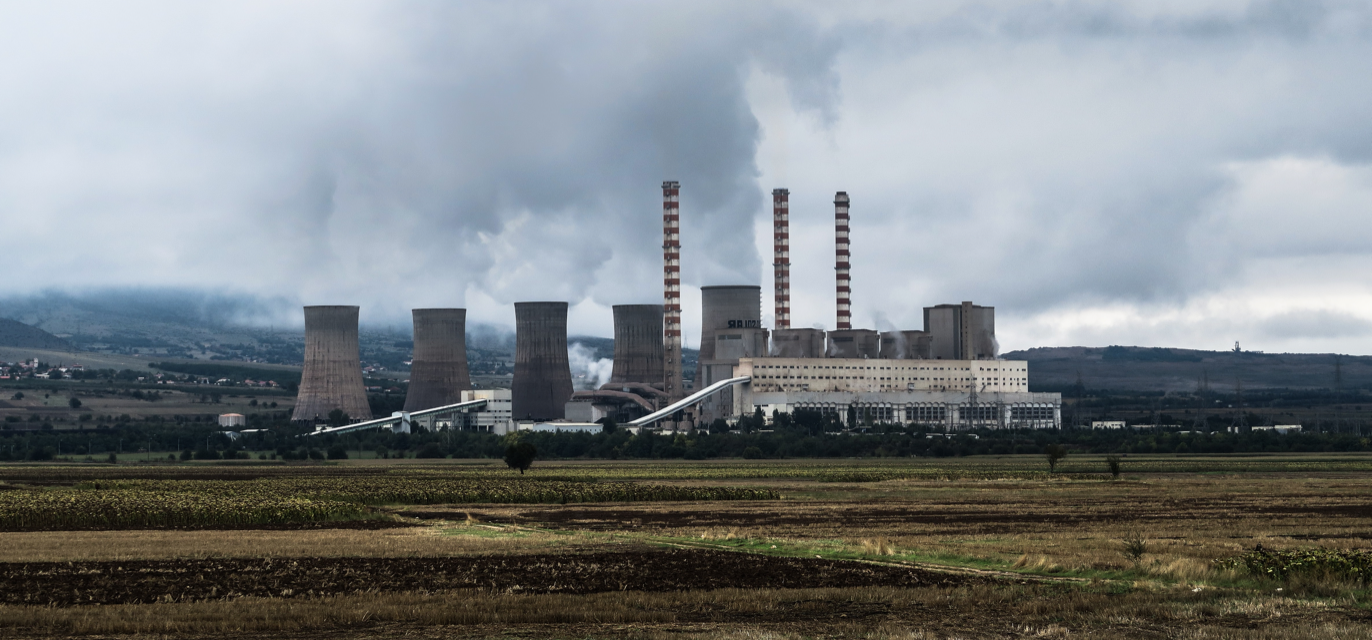
Care for the Environment, Protect the Earth
As a global corporate citizen, Noah understands the importance of energy conservation, emissions reduction, and environmental sustainability. After China announced its goals to peak carbon emissions by 2030 and achieve carbon neutrality by 2060, Noah understands that the two goals will take a long journey of endeavors and entail an extensive and profound systemic change in our economy and society.
In response, we incorporate carbon neutrality into the overall sustainability scheme of the Company, and implement energy management measures from every aspect of management, operating strategies, and organizational structure, striving to reduce carbon emissions generated in the operation process and mitigate our environmental impacts.
In 2021, Noah continued to fulfill our commitment to environmental sustainability. Through simplification of administrative workflows, intelligent empowerment, paperless management, and electric rental cars for administrative use, we optimized office efficiency and contributed to energy conservation and emissions reduction.
In response, we incorporate carbon neutrality into the overall sustainability scheme of the Company, and implement energy management measures from every aspect of management, operating strategies, and organizational structure, striving to reduce carbon emissions generated in the operation process and mitigate our environmental impacts.
In 2021, Noah continued to fulfill our commitment to environmental sustainability. Through simplification of administrative workflows, intelligent empowerment, paperless management, and electric rental cars for administrative use, we optimized office efficiency and contributed to energy conservation and emissions reduction.
Care for the Environment, Protect the Earth
As a global corporate citizen, Noah understands the importance of energy conservation, emissions reduction, and environmental sustainability. After China announced its goals to peak carbon emissions by 2030 and achieve carbon neutrality by 2060, Noah understands that the two goals will take a long journey of endeavors and entail an extensive and profound systemic change in our economy and society.
In response, we incorporate carbon neutrality into the overall sustainability scheme of the Company, and implement energy management measures from every aspect of management, operating strategies, and organizational structure, striving to reduce carbon emissions generated in the operation process and mitigate our environmental impacts.
In 2021, Noah continued to fulfill our commitment to environmental sustainability. Through simplification of administrative workflows, intelligent empowerment, paperless management, and electric rental cars for administrative use, we optimized office efficiency and contributed to energy conservation and emissions reduction.
In response, we incorporate carbon neutrality into the overall sustainability scheme of the Company, and implement energy management measures from every aspect of management, operating strategies, and organizational structure, striving to reduce carbon emissions generated in the operation process and mitigate our environmental impacts.
In 2021, Noah continued to fulfill our commitment to environmental sustainability. Through simplification of administrative workflows, intelligent empowerment, paperless management, and electric rental cars for administrative use, we optimized office efficiency and contributed to energy conservation and emissions reduction.
Management Strategies


Promoting Low-carbon Production
We always adopt cutting edge technologies in order to further reduce our greenhouse gas emissions. Through our efforts, we strive to become an industrial benchmark for low-carbon production.


Using Renewable Resources
We continue to increase the level of renewable energy utilization by setting up solar powered electronic systems and reducing usage of non-renewable energy sources.


Improving Energy Efficiency
We formulate energy-saving plans on yearly basis and proactively put them into action to increase our energy efficiency.


Strengthening Climate Resilience
We have devised numerous measures in order to prevent and cope with climate change, thereby reducing potential risks posed by climate change.
Management Strategies


Promoting Low-carbon Production
We always adopt cutting edge technologies in order to further reduce our greenhouse gas emissions. Through our efforts, we strive to become an industrial benchmark for low-carbon production.


Using Renewable Resources
We continue to increase the level of renewable energy utilization by setting up solar powered electronic systems and reducing usage of non-renewable energy sources.


Improving Energy Efficiency
We formulate energy-saving plans on yearly basis and proactively put them into action to increase our energy efficiency.


Strengthening Climate Resilience
We have devised numerous measures in order to prevent and cope with climate change, thereby reducing potential risks posed by climate change.
Energy Consumption and Carbon Emissions of Noah Shanghai Headquarters
2019
2018
2017
2019 Item
Data
Electricity (GJ)
2,183
Energy intensity (GJ/million RMB)
0.64
GHG emission (t- CO2e)
488
GHG emission intensity (t-CO2e/million RMB)
0.14
Water consumption (t)
14,449
Gasoline consumption (L)
25,000
2018 Item
Data
Electricity (GJ)
2,378
Energy intensity (GJ/million RMB)
1.90
GHG emission (t- CO2e)
550
GHG emission intensity (t-CO2e/million RMB)
0.19
Water consumption (t)
16,719
Gasoline consumption (L)
7,200
2017 Item
Data
Electricity (GJ)
2,540
Energy intensity (GJ/million RMB)
0.89
GHG emission (t- CO2e)
571
GHG emission intensity (t-CO2e/million RMB)
0.20
Water consumption (t)
22,037
Gasoline consumption (L)
8,400
Note:
1. Electricity conversion: 1kWh = 0.0036GJ
2. GHG Intensity = GHG Emissions (t-CO2e)/Total Revenues (RMB’million)
3. Electricity emission coefficient = 0.788 kg-CO2e/kwh, according to Shanghai Greenhouse Gas Emissions Accounting and Reporting Guidelines
4. ISO 14064-1:2018 was introduced in 2020 with third-party verification by SGS
5. Data in 2019 and 2020 have been modified in line with the coefficient according to Shanghai Greenhouse Gas Emissions Accounting and Reporting Guidelines.
6. Electricity consumed by electric vehicles in 2021 amounted to 0.216 GJ.
7. The total mileage of rental NIO electric vehicles for administrative use amounted to 3,000 kilometers (leased from August 2021 till now).
1. Electricity conversion: 1kWh = 0.0036GJ
2. GHG Intensity = GHG Emissions (t-CO2e)/Total Revenues (RMB’million)
3. Electricity emission coefficient = 0.788 kg-CO2e/kwh, according to Shanghai Greenhouse Gas Emissions Accounting and Reporting Guidelines
4. ISO 14064-1:2018 was introduced in 2020 with third-party verification by SGS
5. Data in 2019 and 2020 have been modified in line with the coefficient according to Shanghai Greenhouse Gas Emissions Accounting and Reporting Guidelines.
6. Electricity consumed by electric vehicles in 2021 amounted to 0.216 GJ.
7. The total mileage of rental NIO electric vehicles for administrative use amounted to 3,000 kilometers (leased from August 2021 till now).
Energy Consumption and Carbon Emissions of Noah Shanghai Headquarters
- 2018
- 2019
- 2020
2018 Item
Data
Electricity (GJ)
2,378
Energy intensity (GJ/million RMB)
1.90
GHG emission (t- CO2e)
550
GHG emission intensity (t-CO2e/million RMB)
0.19
Water consumption (t)
16,719
Gasoline consumption (L)
7,200
Note:
1. Electricity conversion: 1kWh = 0.0036GJ
2. GHG Intensity = GHG Emissions (t-CO2e)/Total Revenues (RMB’million)
3. Electricity emission coefficient = 0.788 kg-CO2e/kwh, according to Shanghai Greenhouse Gas Emissions Accounting and Reporting Guidelines
4. ISO 14064-1:2018 was introduced in 2020 with third-party verification by SGS
5. Data in 2019 and 2020 have been modified in line with the coefficient according to Shanghai Greenhouse Gas Emissions Accounting and Reporting Guidelines.
6. Electricity consumed by electric vehicles in 2021 amounted to 0.216 GJ.
7. The total mileage of rental NIO electric vehicles for administrative use amounted to 3,000 kilometers (leased from August 2021 till now).
1. Electricity conversion: 1kWh = 0.0036GJ
2. GHG Intensity = GHG Emissions (t-CO2e)/Total Revenues (RMB’million)
3. Electricity emission coefficient = 0.788 kg-CO2e/kwh, according to Shanghai Greenhouse Gas Emissions Accounting and Reporting Guidelines
4. ISO 14064-1:2018 was introduced in 2020 with third-party verification by SGS
5. Data in 2019 and 2020 have been modified in line with the coefficient according to Shanghai Greenhouse Gas Emissions Accounting and Reporting Guidelines.
6. Electricity consumed by electric vehicles in 2021 amounted to 0.216 GJ.
7. The total mileage of rental NIO electric vehicles for administrative use amounted to 3,000 kilometers (leased from August 2021 till now).
Environmental Protection in the Workplace
In the financial services industry, offices are the main workplace for employees. While issues such as household waste, air quality and drinking water are topics worthy of discussion, the resources we consume the most (other than large
amounts of stationery) mainly include consumable items that are required for administrative tasks, hygiene and sanitation, as well as meetings. Our office-cleaning related expenses totaled RMB 691,200 in 2018. In light of this, Noah
both encourages and actively practices environmental protection in the workplace. When it comes to energy consumption in our office buildings, we utilize a unified corporate management method, with the administrative department being
responsible for the management, monitoring, and analysis of electricity consumption and energy conservation. In our offices, we act on the "3R principle"- Reduce, Reuse and Recycle. In doing so, we hope to reduce energy consumption
and, moreover, to introduce these good habits and actions into households and neighborhoods.
Environmental Protection in the Workplace
In the financial services industry, offices are the main workplace for employees. While issues such as household waste, air quality and drinking water are topics worthy of discussion, the resources we consume the most (other than large amounts of stationery)
mainly include consumable items that are required for administrative tasks, hygiene and sanitation, as well as meetings. Our office-cleaning related expenses totaled RMB 691,200 in 2018. In light of this, Noah both encourages and actively
practices environmental protection in the workplace. When it comes to energy consumption in our office buildings, we utilize a unified corporate management method, with the administrative department being responsible for the management,
monitoring, and analysis of electricity consumption and energy conservation. In our offices, we act on the "3R principle"- Reduce, Reuse and Recycle. In doing so, we hope to reduce energy consumption and, moreover, to introduce these good
habits and actions into households and neighborhoods.

Environmental Protection Measures in the Workplace
Electric Air Conditioner
Water
Administrative Control
Employee behavior
- • The air temperature is set to 26℃.
- • Lighting facilities use LED lamps to meet lighting needs while saving energy and reducing carbon emissions.
- • Security guards patrol four times per day, inspecting and turning off air conditioners to reduce power loss.
- • Unused lights and air conditioners in offices are turned off at 8 p.m.
- • Sensor faucets are used in pantries and bathrooms to save water and increase efficiency.
- • Employees are encouraged to use toilet paper and hand towels in moderation.
- • Water discharged from the fishponds is used to flush open ditches and road surfaces.
- • Bottled waters are replaced by water purifiers rather than water dispensers to reduce electricity consumption. In 2021, a total of RMB139,300 was spent on direct drinking water in Chang Yang Valley (Noah HQ).
- • Potted plants are placed in offices to reduce carbon dioxide concentration and improve indoor air quality.
- • Screen/host standby time is set so that the screen will be closed or enter standby mode if no action is taken for an extended period.
- • A basket has been placed in the photocopying room for collecting paper with no confidential information. Such paper can be reused for duplex printing.
- • Stationary is uniformly controlled and recycled to reduce unnecessary waste.
- • Garbage sorting throughout the workplace.
- • Energy Conservation and Environmental Protection Month program.
- • Employees are encouraged to switch off their computer screens when leaving their seats for extended periods.
- • Air conditioners and lights should be turned off when employees leave the office for lunch and at the end of the day.
- • Idle printers are turned off when employees leave the office after work.
- • All lighting and air conditioning in meeting rooms is turned off after use.
Environmental Protection Measures in the Workplace
Electric Air Conditioner
- The air temperature is set to 26℃.
- Lighting facilities use LED lamps to meet lighting needs while saving energy and reducing carbon emissions.
- Security guards patrol four times per day, inspecting and turning off air conditioners to reduce power loss.
- Unused lights and air conditioners in offices are turned off at 8 p.m.
water
- Sensor faucets are used in pantries and bathrooms to save water and increase efficiency.
- Employees are encouraged to use toilet paper and hand towels in moderation.
- Water discharged from the fishponds is used to flush open ditches and road surfaces.
- Bottled waters are replaced by water purifiers rather than water dispensers to reduce electricity consumption. In 2021, a total of RMB139,300 was spent on direct drinking water in Chang Yang Valley (Noah HQ).
Administrative Control
- Potted plants are placed in offices to reduce carbon dioxide concentration and improve indoor air quality.
- Screen/host standby time is set so that the screen will be closed or enter standby mode if no action is taken for an extended period.
- A basket has been placed in the photocopying room for collecting paper with no confidential information. Such paper can be reused for duplex printing.
- Stationary is uniformly controlled and recycled to reduce unnecessary waste.
Employee behavior
- Garbage sorting throughout the workplace.
- Energy Conservation and Environmental Protection Month program.
- Employees are encouraged to switch off their computer screens when leaving their seats for extended periods.
- Air conditioners and lights should be turned off when employees leave the office for lunch and at the end of the day.
- Idle printers are turned off when employees leave the office after work.
- All lighting and air conditioning in meeting rooms is turned off after use.




